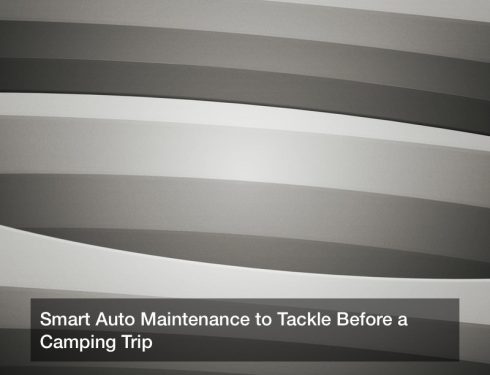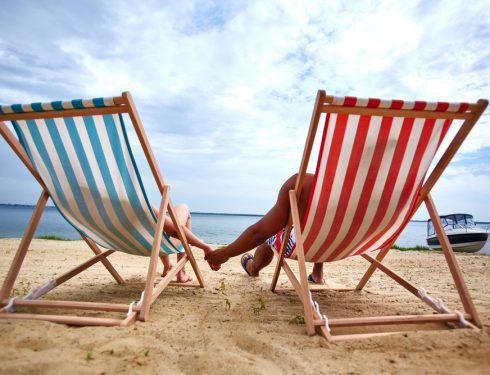
 Camping trips are very popular around the United States. In 2010, 40 million people went camping. There were 515 million camping trips taken that year. The number of campers jumped to 42.5 million in 2011. Most adults have fond memories of camping trips they took during their childhood but camping has changed a lot since then. People no longer think the word “camping” is synonymous with “roughing it.” More and more campgrounds offer a range of amenities. There are even camping resorts.
Camping trips are very popular around the United States. In 2010, 40 million people went camping. There were 515 million camping trips taken that year. The number of campers jumped to 42.5 million in 2011. Most adults have fond memories of camping trips they took during their childhood but camping has changed a lot since then. People no longer think the word “camping” is synonymous with “roughing it.” More and more campgrounds offer a range of amenities. There are even camping resorts.
Now, traditional camping in a tent is still the most popular way to do it. Nearly 86% of all campers stay in tents. Cabin camping comes in second with 33% of all campers opting for a cabin. Some people prefer to take an RV, these trips usually last longer. Nearly 30% of these trips last more than five days.
Tips for Planing the Best Camping Trip:
- What kind of camping vacation do you want? Think about the weather where you are going. Think about the kinds of things your family likes to do. That can help you pick the best options for you. Maybe you like sleeping in a tent, some people do. Maybe you really want an authentic experience and would like to stay in a yurt (nearly 2% of campers go that route). Or maybe giving up a real structure will just not work, check out a camping resort. Think about meal time. Some cabins come with full kitchens and that can make a big difference for some families. Even camping vacations should be fun, not painful.
- Prepare your family for your camping trip. Even camping resorts can be trying on people who are not used to camping. Some families will try out camping by doing a trial run in their back yards. This gives kids a chance to try it out before they go on the real thing. This is especially great for families with young children who may never have had the experience before.
- Find a location that has the activities you family enjoys. If your family loves water sports, find a campground with water! This may seem to be a no brainer but it is worth checking on all of the activities each site you consider has. All sites, from camping resorts to national parks, have activities they like to feature. You should have a few different options. For instance, you may head to a park for their swimming but then it rains the whole time. You will need a plan b.
- Ask the park or other locals about what they would recommend. There might be some cool and interesting “off the beaten track” sight or attractions that would be miss unless you asked specifically for that. Have a plan but also be a little flexible.
- Remember, it is all location, location, location. Sure, you may have your heart set on visiting the Grand Canyon or Yosemite, there might also be some great parks closer to home. There are fantastic parks all over the country and in every state. A lot of this will depend on how you want to get to the campground and how long you want to take getting there. Also, do not discount parks that are closer to home. To avoid looking in your back yard may result in you missing some hidden treasure in your own area.
- Be considerate to other campers. Bring your own garbage bags and take everything you bring in with you back out. Also remember that people are staying closer to you than they might be when you are at home. Keep your campfire noise level down if you are near other campers. Just because you cannot see them when they are in their tents does not mean they cannot hear you. If you have disruptive neighbors, you can contact the campground staff.
Camping trips provide great ways to reconnect with your family. The time away from electronic devices is good for everyone’s mental health and well being. Engaging in the activities commonly associated with camping are also great ways to bond with the important people in your life. Whether taken at camping resorts or by roughing in a yurt, they are lots of fun for everyone.

